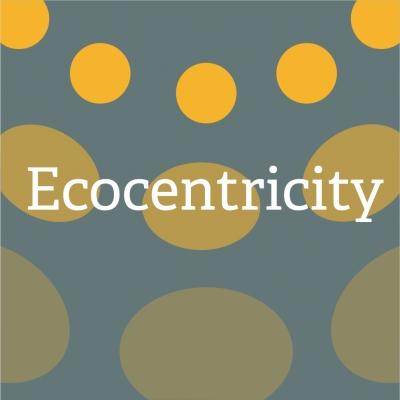Ecocentricity Blog: Loop, Loop, Skip to My Loop
By: John A. Lanier

Ecocentricity Blog: Loop, Loop, Skip to My Loop
Here’s a warm and fuzzy post following on last week’s punch-in-the-gut one about recycling contamination rates. See? When I knock you over, at least I have the decency to help you back up.
Remember the days when your friendly neighborhood milkman would make daily dairy deliveries? (That’s some solid alliteration right there, if I do say so myself). For a time, the profession was common enough that he became the butt of any joke about why a child didn’t look like his or her father. Poor milkman – always being accused of indecently inciting infidelity (hehe).
While that business model died out with the proliferation of refrigeration and packaging advances, it might be making a comeback in a different form. Environmentally speaking, that could be great news.
I’m talking about Loop, a new initiative being led by the good folks at TerraCycle. I missed this story the first time around, when TerraCycle announced it in January at the World Economic Forum. I appreciate my cousin putting it on my radar (thanks Jonathan). Also, Joel Makower wrote a great piece on it over at GreenBiz. Give that a read if you want a deeper analysis.
Loop is a TerraCycle partnership with big brands like Unilever and Proctor & Gamble. These brands have manufactured durable and reusable packaging materials for their everyday products. Customers will order what they want online, and it will all be delivered in a tote bag rather than a cardboard box.
When the products are used up, the containers can be put back in the tote, which is then picked up by the milkm…er…deliveryman who brings your next order to you. TerraCycle handles cleaning the packaging material and getting it ready for the next consumer who purchases that particular product. And since there is no extraneous packaging, it’s a zero-waste option for consumers based upon reuse rather than recycling (which is the better environmental practice). The packaging is designed for 100 use-cycles, and it is aesthetically pleasing so that customers can confidently put the products right on their countertop.
The program is being piloted this spring in New York and Paris, so you may not be able to try it yet. I’ll be following along though, because I would LOVE for this to come to Atlanta. I also applaud TerraCycle and these brands for giving this model a try. If it works, it will be a compelling example of business-led innovation that reduces environmental impact. That’s the best form of innovation we can have in my book.
This blog is also available via email subscription.
Click here to subscribe and to receive Ecocentricity automatically every Wednesday morning via email.

